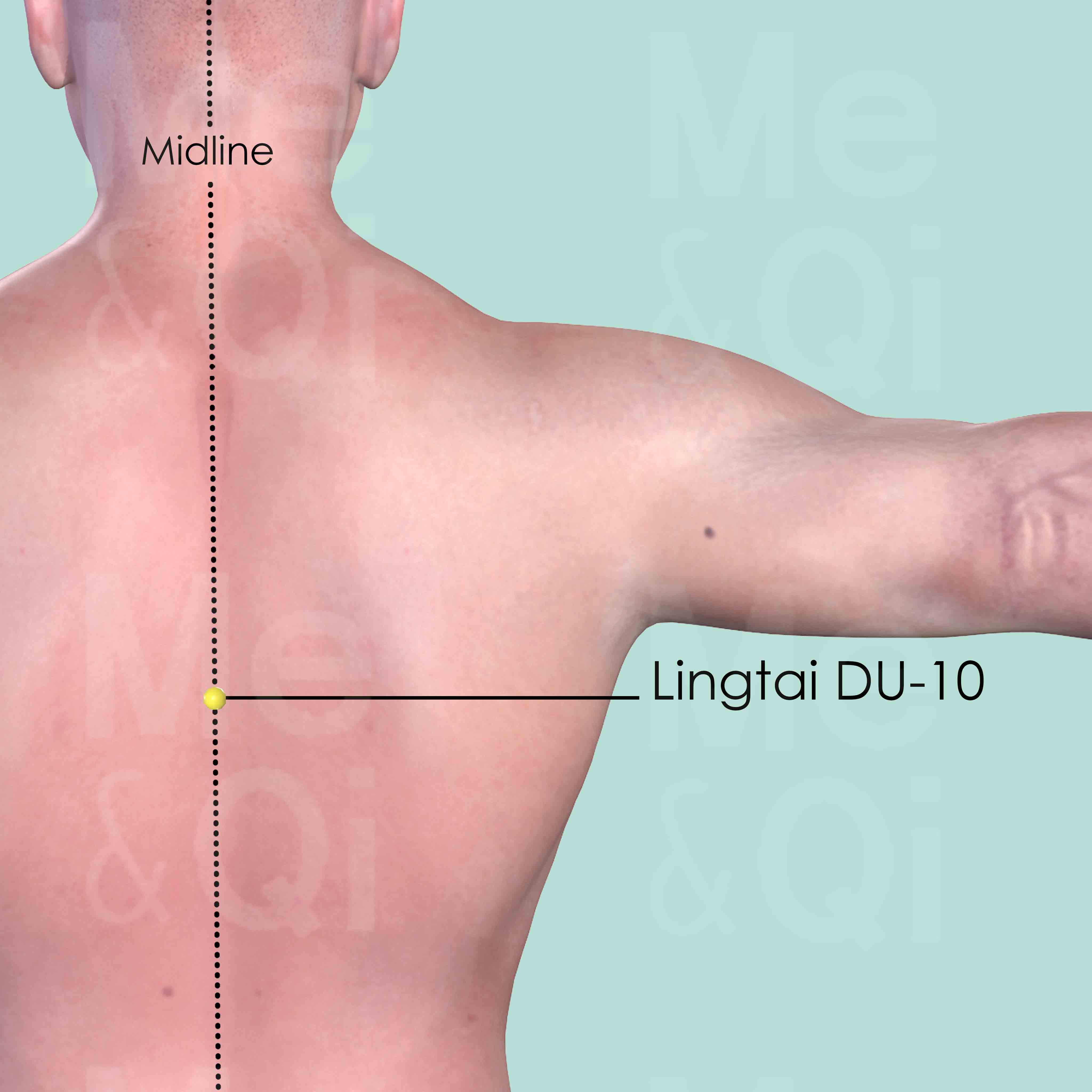Chronic Coughingaccording to TCM
Symptom family: Cough Related Symptoms
Parent symptom: Coughing
What is Chronic Coughing?
Chronic coughing is a persistent cough that lasts for eight weeks or longer in adults and four weeks or longer in children. This condition can be a significant source of discomfort and anxiety, affecting daily activities and quality of life. Chronic coughing may present itself as dry or productive, meaning it can occur with or without the production of mucus.
It is often a symptom of underlying health issues such as allergies, infections, acid reflux, asthma, or even certain medications. Identifying the cause is crucial for effective treatment and relief.
How does TCM view Chronic Coughing?
Traditional Chinese Medicine (TCM) regards chronic coughing as a manifestation of imbalance within the body's organ systems, particularly the Lungs, and Kidneys.
Unlike the symptom-focused approach of Western medicine, TCM aims to identify and treat the underlying pattern of disharmony causing the cough. This holistic perspective considers factors such as Qi Deficiency, Phlegm accumulation, and external pathogenic influences, emphasizing the need for a comprehensive diagnosis to guide treatment strategies.
Root Causes of Chronic Coughing in TCM
In TCM, chronic coughing can result from various patterns of imbalance, with Kidneys failing to receive Qi being a notable cause. This condition reflects a fundamental imbalance where the Kidney's ability to grasp the Qi sent down by the Lungs is compromised, leading to symptoms like chronic cough, exertional dyspnea, and difficulty breathing.
Such patterns highlight the interconnectedness of organ systems in TCM theory, where the dysfunction of one organ can significantly impact another, illustrating the complex etiology of chronic coughing from a TCM perspective.
Explore below more details about what might cause Chronic coughing according to TCM.
- By Organ
- Kidney
Kidney
In TCM the Kidneys are regarded as the body's most fundamental reservoir of Essence, known as Jing, which influences growth, reproduction, and aging. They are not just organs for filtering blood, but a holistic system governing vital life forces. When the Kidneys malfunction in TCM, it can manifest as a variety of health issues, such as chronic fatigue, reproductive problems, imbalances in fluid metabolism leading to edema or dryness, lower back pain, and a sense of fear or insecurity.... see more
Kidney Patterns That Can Lead to Chronic Coughing
| Pattern Name | Relevant Symptoms | Relevant Formulas |
|---|---|---|
| Kidneys failing to receive Qi | Chronic cough, Exertional dyspnea, Rapid respiration, Weak respiratory, Difficulty breathing in, Chronic coughing, Asthma, Spontaneous sweat, Cold extremities, Facial edema, Emaciation, Low energy, Lower back pain, Dizziness, Tinnitus, Clear urination... see more | You Gui Wan | Su Zi Jiang Qi Tang | Ren Shen Ge Jie San |
TCM Herbal Formulas for Chronic Coughing
For treating chronic coughing, particularly when associated with the pattern of Kidneys failing to receive Qi, TCM recommends formulas that warm Yang and tonify the kidney. You Gui Wan, containing key herbs like Prepared aconite (Zhi Fu Zi), is designed to strengthen the Kidneys, enhance their ability to receive Qi, and thereby alleviate chronic coughing symptoms.
This approach underscores TCM's principle of addressing the root cause of symptoms through personalized herbal prescriptions aimed at restoring balance and vitality to the body's systems.
Explore below some TCM herbal formulas used to address chronic coughing, organized by cause and by formula type.
- By Formula Type
- Formulas that warm yang and tonify
- Formulas for a rebellious qi
- Formulas that tonify qi
- Formulas that clear heat from the organs
Formulas that warm Yang and tonify
These formulas are suitable for some chronic coughing-causing patterns like Kidneys failing to receive Qi.
One such formula is You Gui Wan, with prepared aconite as a key herb.
Formulas for a rebellious Qi
These formulas are suitable for some chronic coughing-causing patterns like Kidneys failing to receive Qi.
One such formula is Su Zi Jiang Qi Tang, with perilla seeds as a key herb.
Formulas that tonify Qi
These formulas are suitable for some chronic coughing-causing patterns like Kidneys failing to receive Qi.
One such formula is Ren Shen Ge Jie San, with tokay geckos as a key herb.
Formulas that clear Heat from the Organs
Chronic coughing can be treated by these formulas if it stems from an excess heat condition in specific organs, leading to internal disharmony.
One such formula is Xin Yi Qing Fei Yin, with biond’s magnolia flowers as a key herb.
Acupoints for Chronic Coughing
TCM also incorporates acupuncture as part of the treatment strategy for chronic coughing. A key acupoint for addressing this condition is Lingtai DU-10, located on the back midline, below the spinous process of the 6th thoracic vertebra (T6).
Stimulating Lingtai DU-10 is believed to clear Heat, detoxify the body, and ease cough and wheezing, offering a non-pharmacological option for patients seeking relief from chronic coughing. This method reflects TCM's holistic approach, integrating various therapeutic modalities to harmonize the body's Qi and alleviate symptoms.
See more details below about Lingtai DU-10, an acupoint used to address chronic coughing.
- By Meridian
- Governing Vessel

Lingtai DU-10
On the back midline, in the depression below the spinous process of the 6th thoracic vertebra (T6).
